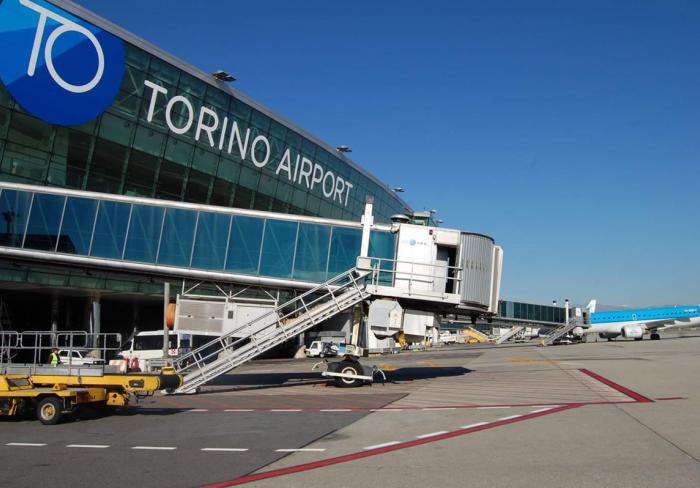The First World Conference on Tourism Communications (TOURCOM) –organized by the World Tourism Organization- called on news media to act responsibly when covering events that could have serious repercussions on the livelihood of destinations and populations that depend heavily on tourism.
Oscar Rueda, president of the Colombian Travel Agencies and Tourism Association (ANATO) lamented the U.S. decision of reshuffling all requirements for either getting or renewing visas.
The 2004 International Tourism Fair (FITUR), an event that just days ago came to a successful close in Madrid, opened up the gateways of a year already blessed with great expectations as far as strong growth numbers for the travel industry are concerned. These upbeat prospects are predicted amid a 1.7 percent slide endured by the leisure industry worldwide in 2003, the World Tourism Organization (WTO) reported.
Battered by a series of problems, international tourism arrivals fell 1,2 per cent in 2003, the biggest annual drop ever. However, the outlook for this year is much brighter, the World Tourism Organization (WTO) forsees.
Two years ago, Uruguay’s shorelines were virtually deserted as a result of the economic crisis hitting its neighboring countries. But now the local tourist sector in this small South American nation is once basking in the glory days as an avalanche of travelers landed there in early January.
A decade after its implementation, the North America Free Trade Agreement (NAFTA) is running out of fuel to drive the Latin American nation home.









